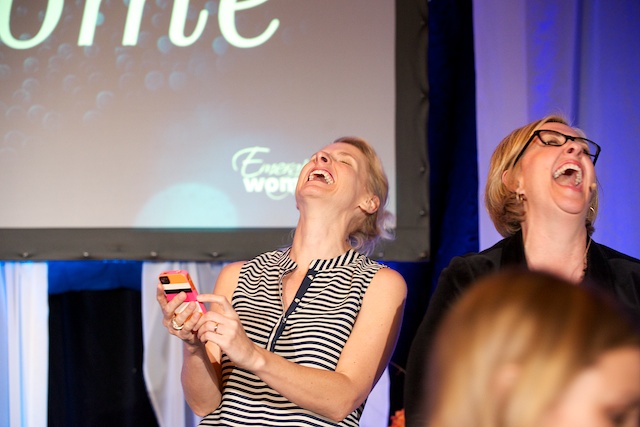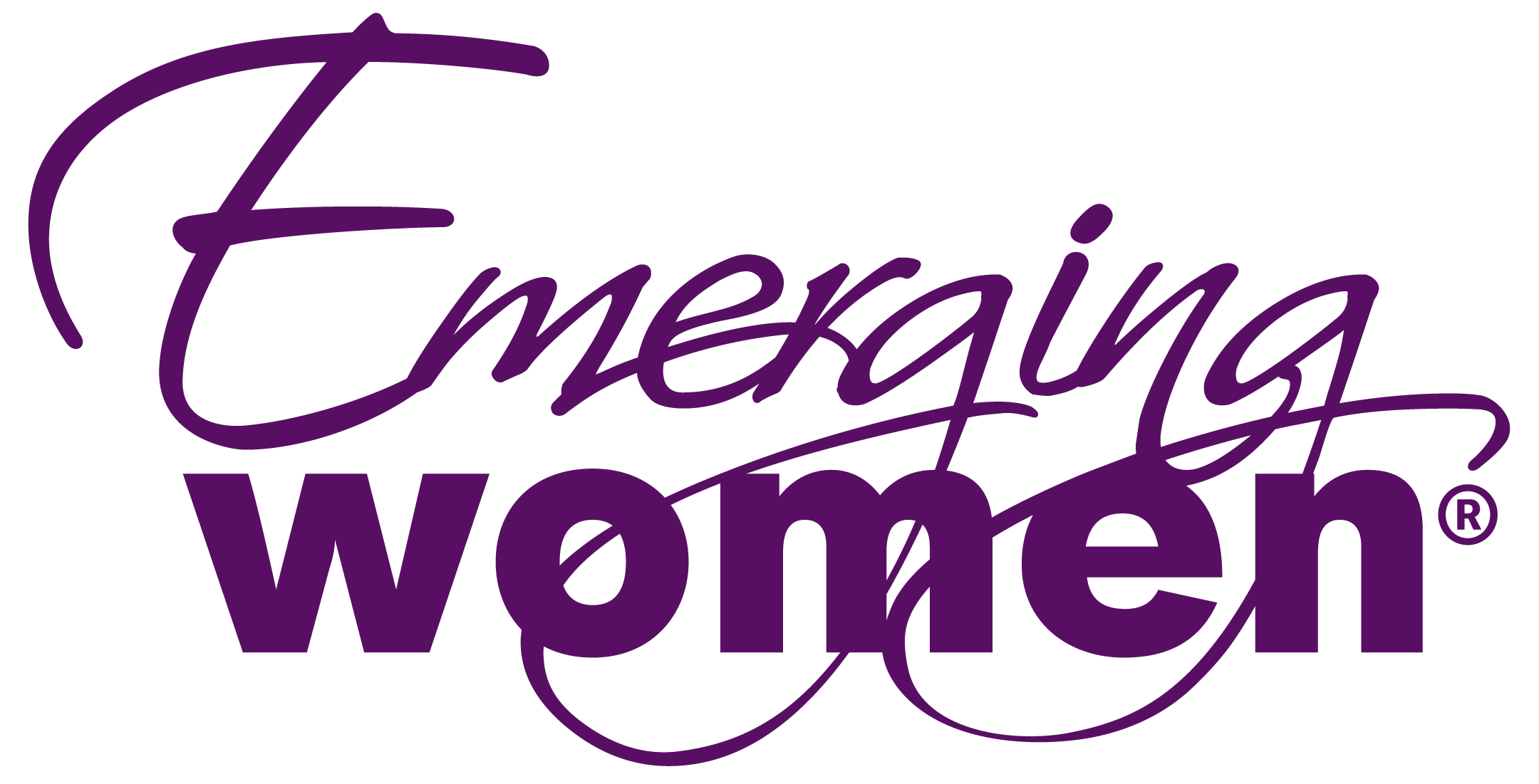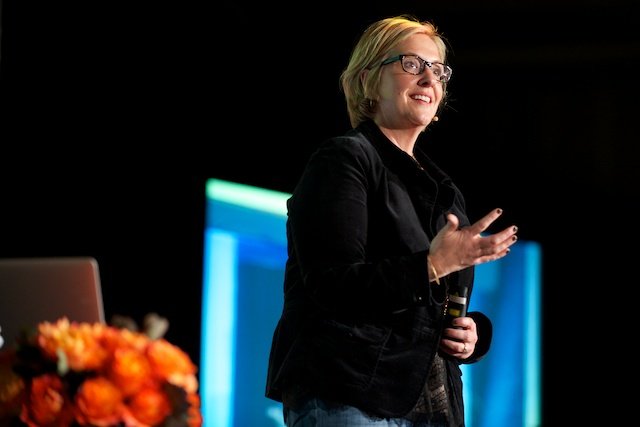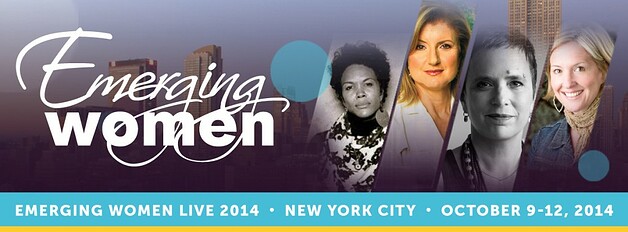We are thrilled to announce to you today that the one, the only, Brené Brown will be speaking at Emerging Women Live 2014 in New York City, Oct 9-12th.
Those of you who saw her at EWlive13 know what a tremendous blessing it is to have her back again this year. Brené’s has reshaped the way we think about our strengths with her groundbreaking research on shame, gratitude, authenticity and vulnerability. Her insight and compassion is evident in this conversation we had in 2013 for Origin Magazine. Soak up some classic Brené wisdom and humor, and then sign up to join us all in NYC to see what revelations she has for us this year!
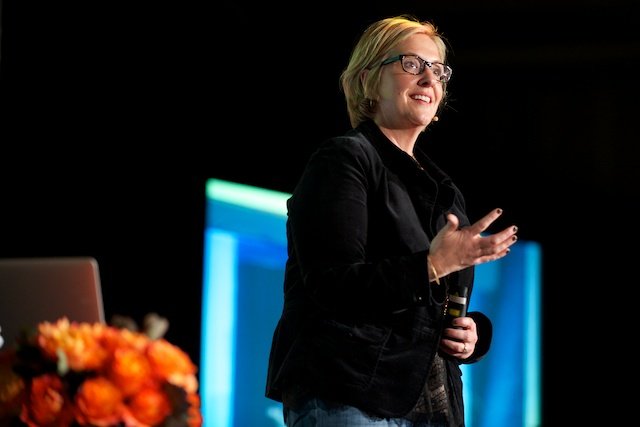
Interview from Origin Magazine, photography from EWlive13 in Boulder, CO.
Chantal Pierrat: I want to start by saying thank you for being so real. Your work gives people permission to be themselves, and that’s probably the greatest gift that anybody could give.
Brene Brown: Thank you, that means a lot. We teach what we have to learn. It’s been an extraordinary journey that I couldn’t have done with not only the research participants but the community, the tribe that we’ve built of people who are also on this journey.
CP: Does community help with the work of vulnerability? Does it help us to become more vulnerable?
BB: I can’t even think of the right word, but it’s not “help.” It’s more like a prerequisite. I think connection is why we’re here, it’s what gives purpose and meaning to our lives, and belonging is in our DNA. And so “tribe” and “belonging” are irreducible needs, like love.
“I think connection is why we’re here, it’s what gives purpose and meaning to our lives, and belonging is in our DNA.”
CP: You started as a researcher. At what point did the researcher become the guinea pig, and how did that change your work, if at all?
BB: I’m still a researcher. The best way to explain it is that I trusted myself deeply as a professional, but I did not have a lot of self-trust personally. When I started learning all of these things about the value and the importance of belonging, vulnerability, connection, self-kindness and self-compassion, I trusted what I was learning—again, I know I’m a good researcher. When those things and wholeheartedness started to emerge with all these different properties, I knew I had to listen. I’d heard these messages before personally but I didn’t trust myself there.
I wasn’t really testing it on myself as much as I was learning from other people about what it meant to live and love with your whole heart, and then thinking, oh my god, I’m not doing that. Everything that these folks are saying that they’re trying to move away from, like comparison, perfectionism, judgement, and exhaustion as a status symbol—that all describes my life. It was more like a medical researcher studying a disease and figuring out he or she has it.
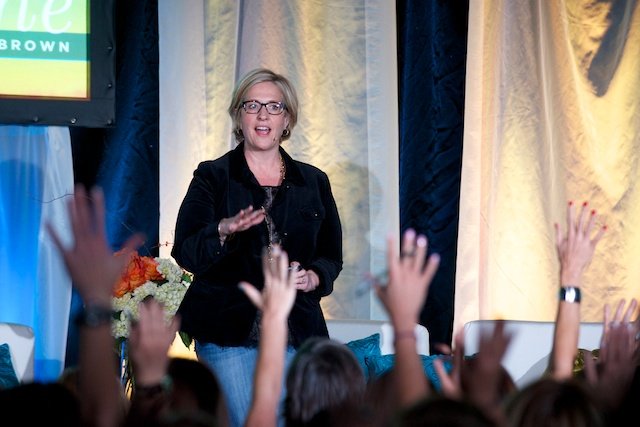
CP: You’ve got the credibility of your research, yet there’s something in your delivery that’s really opening people up.
BB: I love how you frame that, because it’s helping me understand myself better. Someone asked me very recently why I have 8 million views on TED —”your work resonates, what are you doing?” What I think my contribution is, what I do well, is I name experiences that are very universal that no one really talks about. That’s the researcher in me; that’s really part of being a grounded theory researcher—putting names to concepts and experiences that people have. Then I tell my own story. The two things that people really need to transform is language to understand their experience and to know they’re not alone. It’s the combination of the researcher-storyteller part.
“The two things that people really need to transform is language to understand their experience and to know they’re not alone.”
CP: For people that are new to the concept of authenticity and playing around with vulnerability and courage, actually being themselves—is it something that can be practiced?
BB: It has to be practiced. It’s a practice for me every day, sometimes every hour of every day. It is an absolute practice. When I went into the research, I really thought that there are authentic people and inauthentic people, period. What I found is, there people who practice authenticity and people who don’t. The people who practice authenticity work their ass off at it.
“…there people who practice authenticity and people who don’t. The people who practice authenticity work their ass off at it.”
It was so scary to me. Oh my god, that’s going to be a lot of work. I thought, You either have the gene or you don’t. It was scary. But it was so liberating: I thought, This is not predetermined—I get to choose. There are some days where I have to choose five times in a day. I had to make a choice when you called and the phone rang, whether I’m going to show up and be me, or whether I’m going to say what I think I’m supposed to say and get off the phone.
I had to choose this morning, when I could tell my husband was in kind of a rotten mood, whether I was just going to ignore it because I’m tired and it’s Friday and I’m packing lunches and getting kids to school and doing all this, or if I’m going to put everything down, start breakfast, and look at him and say, “Hey, something is going on. I want to hear about it.” It’s a practice. It’s about showing up. And sometimes I don’t do it. I almost always regret it, but sometimes I don’t do it. Sometimes I walk into a situation where I’m intimidated and I want to be liked and I want to fit in, and I don’t choose authenticity. And it’s always pretty miserable.
CP: What about the idea that we need to protect ourselves or have boundaries?
BB: Huge. One of the most painfully inauthentic ways we show up in our lives sometimes is saying “yes” when we mean “no,” and saying “no” when we mean “hell yes.” I’m the oldest of four, a people-pleaser—that’s the good girl straitjacket that I wear sometimes. I spent a lot of my life saying yes all the time and then being pissed off and resentful.
One of the things I talk a lot about in my work that I try to practice—which is really hard–is in those moments where we’re being asked to do things or asked to take over or asked to take care of something, we have to have the courage to choose discomfort over resentment. And to me, a huge part of my authenticity practice has been choosing discomfort and saying no.
“…we have to have the courage to choose discomfort over resentment.”
On the flip side, I’ve also had to struggle with saying “yes.” Before I did this research and before I had my own breakdown and spiritual awakening around this work, my motto was, “Don’t do anything that you’re already not great at doing.” Which I think is the way the majority of adults in our culture live. Authenticity is also about the courage and the vulnerability to say, “Yeah, I’ll try it. I feel pretty uncomfortable and I feel a little vulnerable, but I’ll try it!”
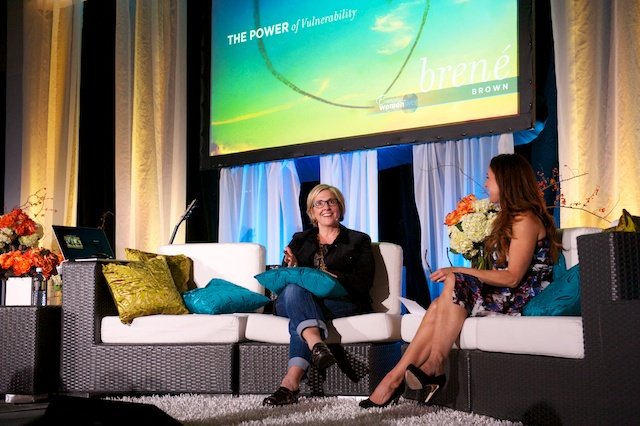
CP: You’re talking about risk.
BB: That’s the whole idea behind Daring Greatly. That whole phrase, “daring greatly,” is from the Theodore Roosevelt quote that goes back to your original question of, what about the critics? And when I read his quote it was life-changing. “It’s not the critic who counts; it’s not the man who points out how the strong man stumbles or where the doer of deeds could have done the better. The credit belongs to those of us who are actually in the arena, whose face is marred by dust and sweat and blood. We strive valiantly and sometimes there’s the triumph of achievement but at the worst, we fail, but at least we fail while daring greatly.” That has really changed my life. Profoundly changed my life.
“We strive valiantly and sometimes there’s the triumph of achievement but at the worst, we fail, but at least we fail while daring greatly.” ~Theodore Roosevelt
CP: Now it’s changing the lives of others.
BB: I think a lot of us are looking for the same thing. I feel very lucky to have a definitive moment where I know everything shifted in me, and it was the moment I read that quote. Because I thought, A. That’s everything I know about vulnerability. It’s not winning, it’s not losing, it’s showing up and being seen. B. That’s who I want to be. Courage is a value. My faith is the organizing principle in my life and what underpins my faith is courage and love, and so I have to be in the arena if I’m going to live in alignment with my values.
And the last thing is, I can’t be paralyzed anymore by the critics. My new mantra is, if you’re not in the arena getting your ass kicked on occasion, then I’m not interested in your feedback. You don’t get to sit in the cheat seat and criticize my appearance or my work with mean-spiritedness if you’re also not in the arena. Now, if you’re also in the arena and you’re putting your ideas out and you’re owning them and you’re saying “I disagree with you about this and that, I think you’ve got this wrong”—then not only do I invite that, I freaking love that. I love that. I’m an academic. I’m hardwired for a good debate.
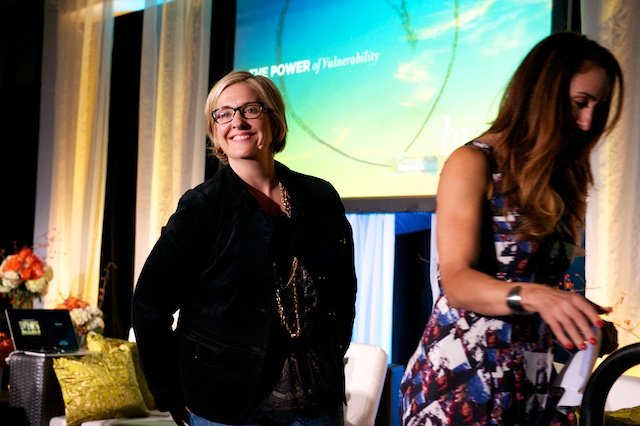
CP: How would the world be different if we all learned to really embrace vulnerability and authenticity?
BB: We would solve a lot of huge problems that are causing massive suffering. Poverty, violence, homophobia, heterosexism, racism, the environment—all these things that are crippling us. We need big, bold, dangerous, crazy ideas to solve these problems. When failure is not an option, innovation and creativity are not options. In a highly critical, scarcity-based world, everyone’s afraid to fail. As long as we’re afraid to fail, we’ll never come up with the big, bold ideas we need to solve these problems.
“Poverty, violence, homophobia, heterosexism, racism, the environment—all these things that are crippling us. We need big, bold, dangerous, crazy ideas to solve these problems.”[inline]
We have become this very fear-based culture, especially post-9/11. Fear is the opposite of love, in my opinion. I think there would be more love in the world. I’m not talking about rainbows and unicorns and ‘70s Coca-Cola commercials. I’m talking about gritty, dangerous, wild-eyed love. Radical acceptance of people. Belonging. A good, goofy kind of love.
CP: You’re on fire!
BB: [laughing] I’m having a passionate Friday, can you tell?
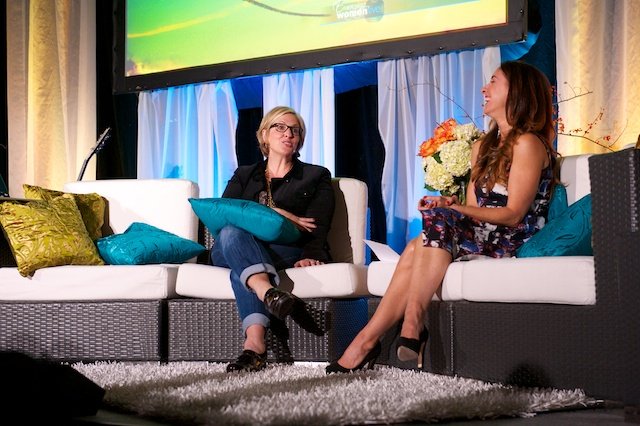
CP: You’re really funny – you make people laugh. I’m curious: how do you think humor fits into your work?
BB: I’m a huge fan of the poet Billy Collins. I heard him say, “Humor is the door to the serious.” I think that shame is a universal, paralyzing, painful emotion. The only universal language I know of that wraps up joy and gratitude and love is laughter. And so I believe in the healing power of laughter. I believe laughter forces us to breathe. I think laughter between people is a holy form of connection, of communion. It’s the way you and I look at each other and without words, say, I get exactly what you’re saying. And so, it’s important to me.
“The only universal language I know of that wraps up joy and gratitude and love is laughter. And so I believe in the healing power of laughter.”
CP: It’s also disarming.
BB: I agree. The laughter that happens when people are truth-telling and showing up and being real – I call that “knowing laughter.” That’s what happens between people when we recognize the absurdity of the belief that we’re alone in anything. If there’s a feeling you have, other people have it. If there’s something weird about your life, other people have lived it. If there’s something kooky about your body, other people have that, too. We’re not alone. There’s some kind of tremendous relief in that and I think it can only be expressed in belly laughter. This tremendous relief that happens the millisecond we realize, it’s not just me. That’s what good laughter is about. It’s about knowing that you’re not alone.
